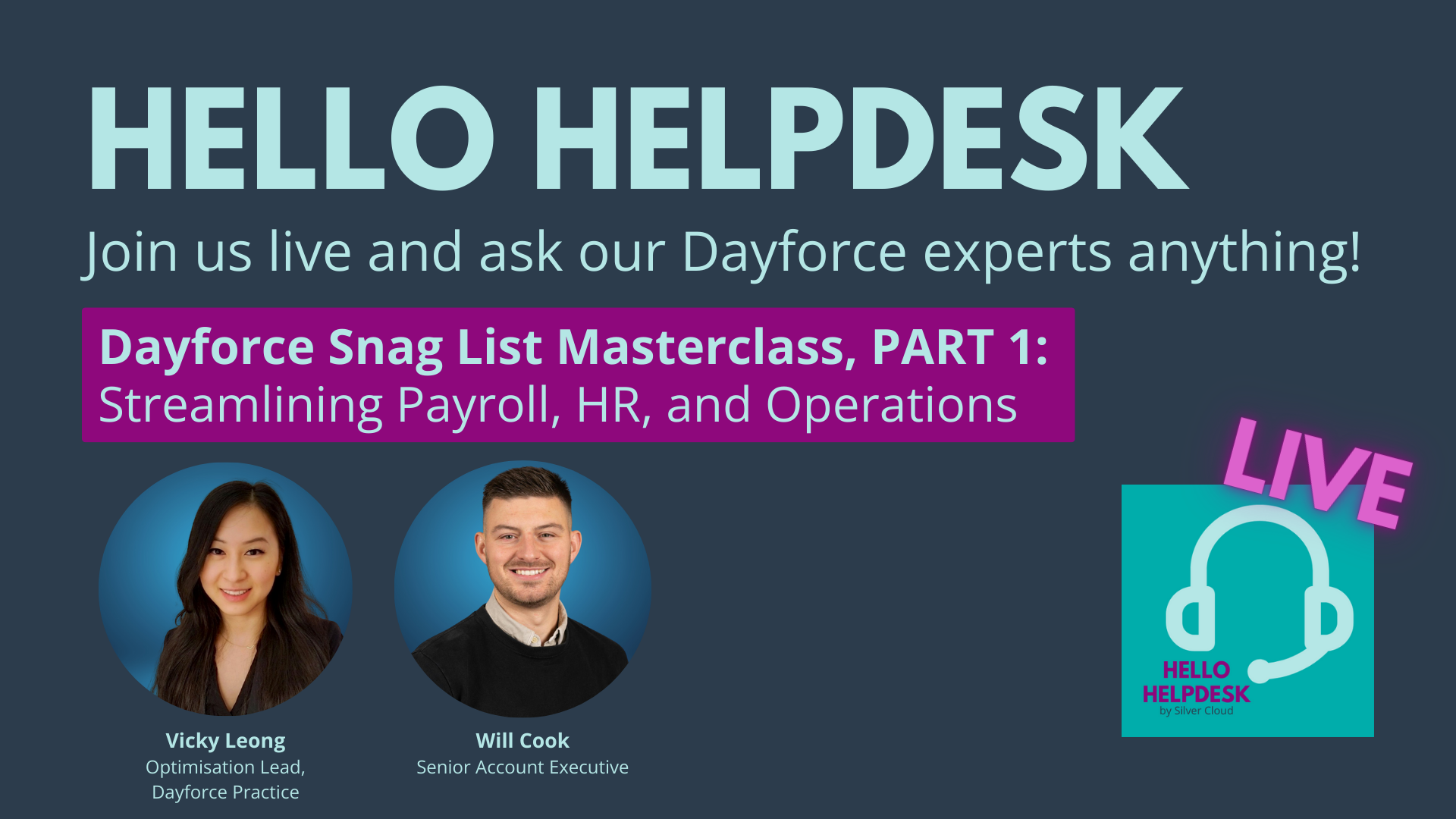The Importance of HRIS in Mitigating Data Breach Risks
by Silver Cloud

Guest post from Factorial: A huge thanks to Factorial for providing us with their insights into the role your HRIS plays in cybersecurity. This is the first in a two-part blog so look out for the next installment!
Cybercrime has become a growing problem within the UK, with data breaches specifically costing companies more and more each year.
A massive 32% of UK businesses identified a cyber-attack targeting them between 2022-23, according to recent government data. To put that into perspective, that’s one third of all businesses across the nation.
Although this figure is much greater for large companies (nearly 70%), small businesses are not exempt. In fact, a small business in the UK has its data successfully breached every 19 seconds.
These data breaches can pose severe risks for companies, jeopardising their reputation, customer trust, and financial stability. The exposure of sensitive information can lead to identity theft, financial fraud, and legal repercussions, eroding brand loyalty.
Human Resources Information Systems (HRIS) play a pivotal role in fortifying data security within organisations. By centralising employee information, HRIS systems streamline access control and encryption measures, reducing the risk of unauthorised access or data breaches.
What is a Data Breach?
A data breach refers to the unauthorised access, disclosure, or acquisition of sensitive or confidential information from a system, database, or network. It occurs when cybercriminals or unauthorised entities gain access to information such as personal data, financial records, login credentials, or intellectual property without the knowledge or consent of the data owner or the organisation responsible for safeguarding the data.
Common Vulnerabilities Leading to Data Breaches
Often, organisations become more susceptible to data breaches because of the following vulnerabilities:
- Exploited software vulnerabilities. Unpatched software, especially if not regularly updated, exposes systems to known vulnerabilities.
- Phishing attacks. This exploits human error, tricking individuals into revealing sensitive information.
- Inadequate cybersecurity practices, including weak access controls or insufficient encryption. This can make systems more susceptible to hacking.
Poorly configured systems, lack of employee training, and outdated security protocols also contribute to these vulnerabilities. Addressing these issues through robust cybersecurity measures is crucial to prevent data breaches.
The HRIS Advantage
Human Resources Information System (HRIS) is a pivotal technology shaping modern HR management. It integrates HR processes with tech to streamline HR tasks, from documentation and absences to recruitment and performance management.
Beyond optimising day-to-day tasks, one of its key roles is ensuring the protection of sensitive employee data. HR software serves as a centralised database, enabling safe data storage, retrieval, and analysis. It upholds data integrity and confidentiality by using advanced security measures to guard against unauthorised access and mitigate potential risks.
The Risks of HR Management without HRIS
Working without a secure system can open the door to a number of potential issues relating to data, most notably the following:
- Manual processes and the potential for human error
A report exposing the cost of inaccurate data entry found that, when manually inputting data into spreadsheets and documents, the likelihood of human error was between 18% - 40%. Concerningly, the majority of traditional HR management still relies on this way of working, jeopardising the accuracy and reliability of crucial employee data.
Manual data entry and calculations increase the likelihood of mistakes, leading to payroll errors, benefits discrepancies, and compliance issues. Inaccurate information can also result in legal ramifications, financial losses, and damage to employee trust.
- Inadequate security measures in traditional HR management systems
Without the advanced security features of HRIS, traditional systems often lack robust protection against unauthorised access and data breaches. Physical documents and on-premises servers are susceptible to theft, loss, or damage.
In a digital age, relying solely on paper-based records poses significant security risks. HRIS employs encryption, access controls, and secure storage, providing a fortified defence against unauthorised access and ensuring the confidentiality and integrity of sensitive employee data.
- Limited scalability and adaptability to evolving data security threats
A recent report has shown that the average number of assets companies manage has risen by 133% year-over-year (2022 to 2023), and yet the amount of security vulnerabilities has increased by far more - around 589%. The same report found data is the most vulnerable of all assets.
Traditional HR management systems may struggle to keep pace with the rapidly evolving landscape of data security threats. As cyber threats become more sophisticated, manual systems may lack the flexibility to adapt and implement updated security measures promptly.
HRIS, on the other hand, offers scalability and adaptability, enabling organisations to stay ahead of emerging threats. Cloud-based HRIS solutions, in particular, provide continuous updates and improvements, ensuring that security protocols remain effective in the face of evolving challenges.
About Factorial
A 360° platform focused on people, Factorial offers an all-in-one digital workforce management solution for small-to-medium-sized businesses (SMBs), helping them streamline their HR systems, tools, and processes in one place.
For more information, visit: https://factorialhr.co.uk




